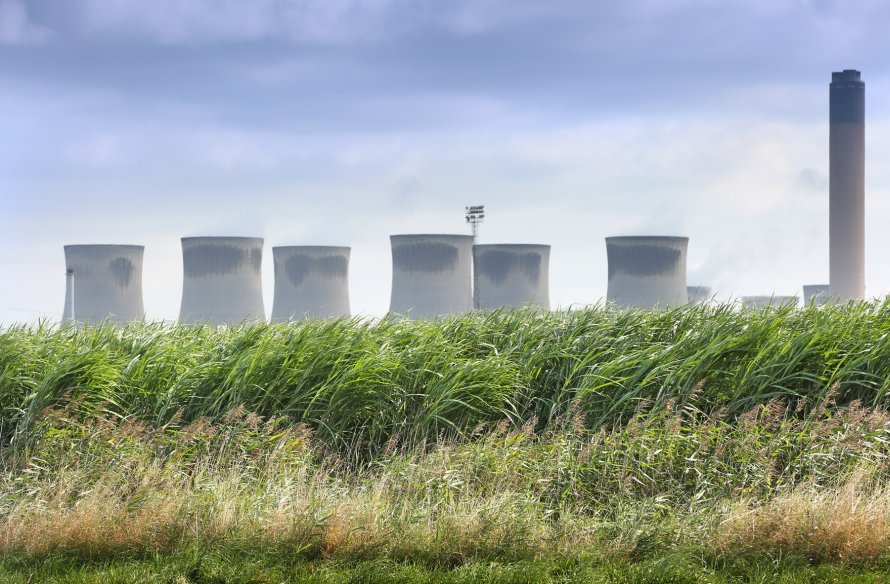
The NFU has teamed up with renewable energy firm Drax Group to identify opportunities to scale up perennial energy crop production and help the UK meet climate goals.
Through the partnership announced on Monday, Drax and the NFU plan to develop a roadmap for boosting the market in perennial energy crops, identifying how they can be used sustainably.
The Climate Change Committee (CCC) has stated that if the UK is to meet its climate objectives, a substantial area of energy crops must be planted each year to deliver the low carbon fuel required over the coming decades.
It recommended expanding UK energy crop planting to around 23,000 hectares each year by 2030 to support the government's net zero target.
Energy crops, such as miscanthus, are typically densely planted, high yielding crop species grown solely for energy production.
The crops are processed into solid, liquid or gaseous fuels, such as pellets, bioethanol or biogas and are then used to generate electrical power or heat.
They include short rotation coppice willow, which are grown with very low levels of inputs and management compared with conventional agricultural land use.
The programme of work between Drax and the NFU aims to provide insights into energy crop diversification opportunities for farming businesses as they adapt to new agricultural policies.
They will urge farmers to look into new revenue streams that may include utilising marginal land unsuitable for food crops, as well as delivering meaningful climate action.
The partnership will also support Drax’s goal for farmers to supply some of the biomass needed for its plans to develop negative emissions technology bioenergy with carbon capture and storage (BECCS).
The firm, which has converted Drax Power Station in North Yorkshire to use sustainable biomass instead of coal to become the UK’s largest single site renewable generator, plans to deploy BECCS later this decade.
NFU Deputy President Stuart Roberts said there was a 'huge opportunity' for the growth of perennial energy crops, with large areas of suitable land potentially available for diversification.
"This would support the UK’s decarbonisation plans as well as our own agricultural net zero ambition, alongside continuing to provide quality, affordable and climate-friendly food for the nation.
“By working with Drax, we can unlock this potential and ensure our farmers are ready to take advantage of the opportunity energy crops create."
It follows an announcement last month from the government which outlined the provision of £4m in funding to increase British biomass production for green energy.
